The Shocking Truth Behind Why the Internet Was Destined to Fail Before It Even Began
This Just In: Maybe it’s time to rethink the entire internet.
Neal Stephenson’s 1992 classic Snow Crash painted a particularly unique vision of the future internet. He depicted a giant, never-ending road with real estate along both sides. People would buy their plots on the main street so as to attract potential visitors. People with less means would set up off the main drag hoping for some spillover.
The real estate model meant that everyone could manage their property however they felt, with their own style and rules to boot. Visitors could move from space to space, finding the place they wanted to be.
While Snow Crash is classic cyberpunk, it did lay out a potential vision of the internet that didn’t really come to be. In reality, we have entire planned communities controlled by a small handful of companies that never intend for us to leave their sites — in actuality, the internet turned out much more like the vertical campus depicted in another Stephenson novel, The Big U.
These companies (Meta, Google, ByteDance, OpenAI, etc.) dictate what we see in their fiefdoms, how often we see it, and what to sell us to make us feel better about what they’ve shown us. It’s all really a perpetual cycle of engagement that, in many ways, traps us in their ecosystems.
While having so much internet real estate in the hands of just a few slumlords is a big problem, it’s not the main issue. It’s that these companies actively encourage people to share whatever they want, with little regard to truth, public health, or safety — all because outrage is the best way to maintain viewership which leads to more ads and more product sales.
What’s worse, because these companies place very few guardrails in place, people are incentivized to say whatever they want. And, because we’ve been trained to never leave the walled garden set up by these controlling companies, we believe what we see.
This dynamic isn’t new; psychology has a name for it: the Dunning-Kruger effect.
Essentially, Dunning-Kruger asserts that some people with relatively low ability or knowledge in a particular area over-estimate their skills and believe themselves to be experts in that field.
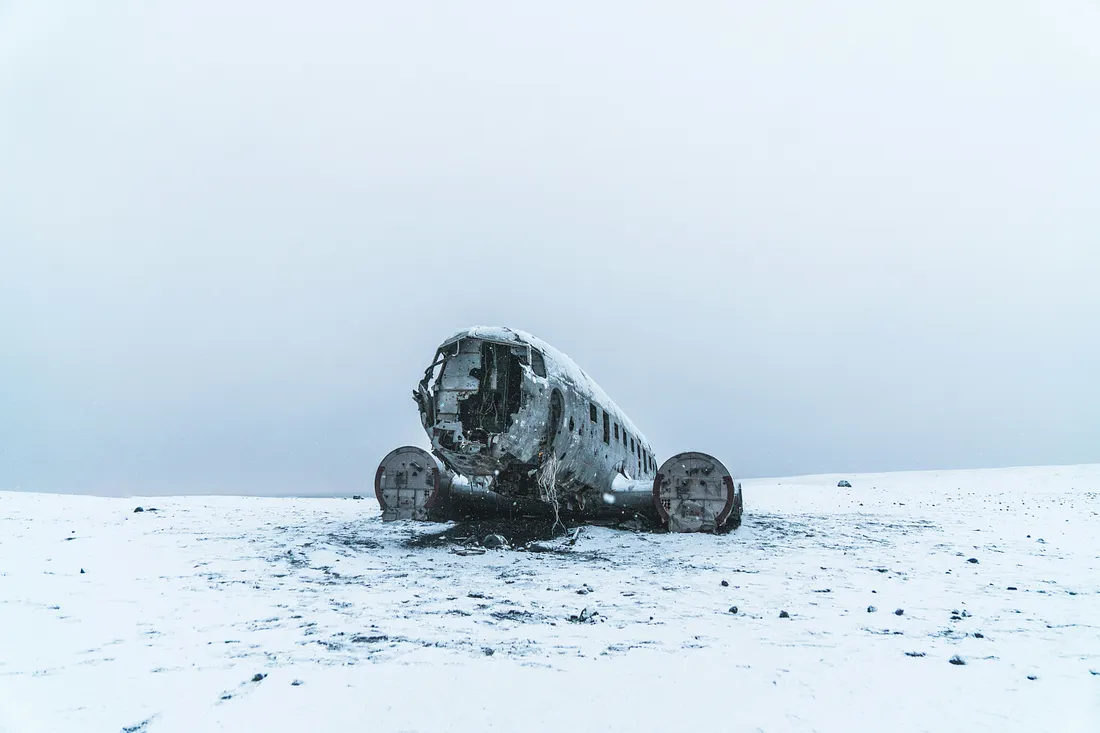


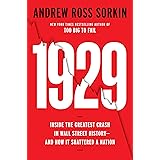

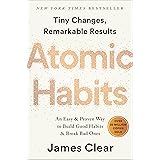





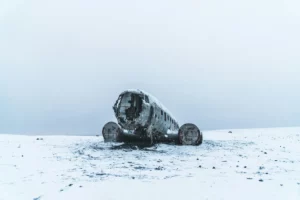


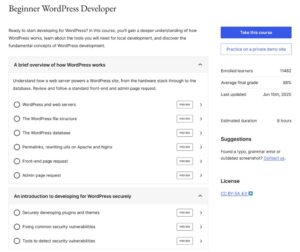





Post Comment